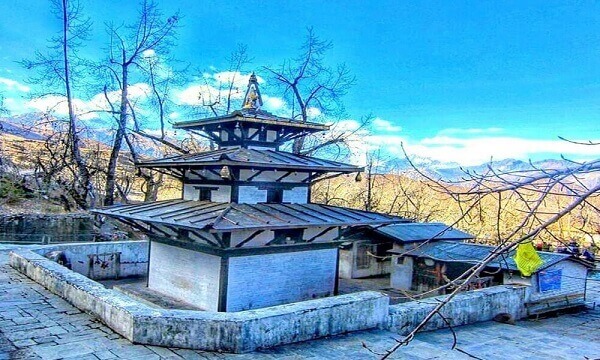Safety and Health Tips for the Muktinath Yatra: Essential Guidelines for a Safe Nepal Muktinath Yatra
The Muktinath Yatra is a deeply spiritual journey that attracts thousands of pilgrims to the sacred Muktinath Temple in the Mustang region of Nepal every year. Being located at a high altitude, Muktinath presents a unique challenge and requires careful preparation to ensure a safe and enjoyable trek. This article provides important safety and health tips to help you navigate the Muktinath Yatra in Nepal successfully.
Preparing for the top
1. Acclimatization
One of the most important parts of the Nepal Muktinath Yatra is the acclimatization to the altitude. Muktinath is located at around 3,710 meters (12,172 feet), which can be a challenge for those who are not used to altitude. To reduce the risk of altitude sickness, spend a few days in Jomsom or lower mountain areas before continuing to Muktinath. A gradual ascent allows your body to adjust to lower oxygen levels. 2. Liquid water
It is important to maintain good hydration at high altitude. Drink plenty of water during your trip to avoid getting sick and keep your body working properly. Rain can make symptoms worse. So, try to drink at least 3 to 4 liters of water every day. 3. Medicines and supplements
Consult your doctor before embarking on Muktinath Yatra in Nepal. They may recommend medications such as acetazolamide to help with recovery. In addition, some travelers find that supplements such as vitamin C and iron can help with overall health and strength at high altitudes. Climate control
1. Knowledge of weather conditions
The weather in the Mustang region can be unpredictable, with significant temperature changes and seasonal variations. In spring and autumn, the weather is usually pleasant with clear skies, but temperatures can still drop significantly at night. In contrast, summer brings monsoons with a high risk of rain and landslides, while winter brings extreme cold and snow. 2. Appropriate clothing
It is important to prepare your bag properly for Nepal Muktinath Yatra. Layering is important because it allows you to change your clothes according to the temperature and the weather. Warm summer clothes, waterproof jackets, waterproof jackets and down jackets are good for coverage. Don't forget gloves, a hat and sturdy, insulated shoes to keep you warm and dry.
3. Prepare for rain and snow
If you're traveling in the fall or winter, be prepared for rain or snow. Pack waterproof clothing and make sure your shoes are suitable for slippery conditions and snow. Always check the weather forecast and be flexible with your travel plans to avoid possible disruptions.
Ensure personal safety
1. travel insurance
It is recommended to purchase comprehensive travel insurance for Muktinath Yatra in Nepal. Make sure your insurance policy covers advanced travel, medical emergencies and trip cancellations. This provides peace of mind and financial security in case of unforeseen circumstances.
2. Local guide and travel guide
Consider hiring a local guide for your trip. A guide can give you valuable information about the area, help you navigate through difficult terrain, and help you handle weapons. Additionally, using a reliable travel option, whether by jeep or plane, can improve safety and comfort during your journey from Pokhara to Muktinath.
3. Emergency calls
Keep a list of emergency contacts, including local authorities, health facilities and your embassy, in case the situation is urgent. Find out where the nearest hospital or clinic is in the area you will be passing through. Health and hygiene
1. Basic first aid
Carry a full first aid kit with essentials such as bandages, cleaning pads, painkillers and medicine for common ailments. Pack items specifically for high-altitude travel, such as altitude sickness tablets, and make sure you have any personal medications you may need.
2. Food and water security
Make sure the food and water you consume is safe. Avoid drinking untreated water and opt for bottled or purified water instead. Eat well-cooked food and avoid street food or things that can cause digestive problems. Good hygiene practices, such as washing your hands frequently, are very important to prevent infection. 3. Rest and food
Adequate rest and proper nutrition are essential to maintain your health during the Yatra. Avoid overdoing it and give your body time to recover, especially after a long day of travel or travel. Eat a balanced diet, rich in carbohydrates and protein, to maintain your energy levels. Conclusion
Embarking on the Muktinath Yatra in Nepal requires careful planning and consideration of safety and health. By raising the altitude, preparing for the weather, ensuring your own safety, and maintaining good health habits, you can make your trip both safe and sound.

Comments
Post a Comment